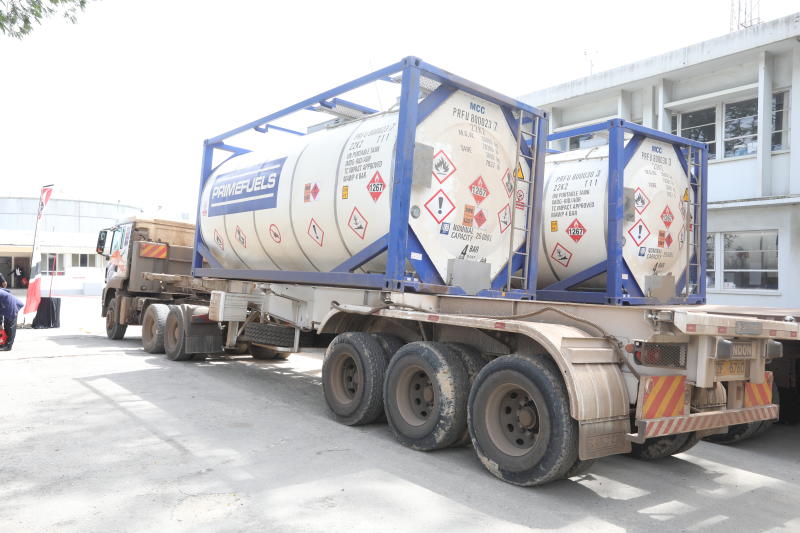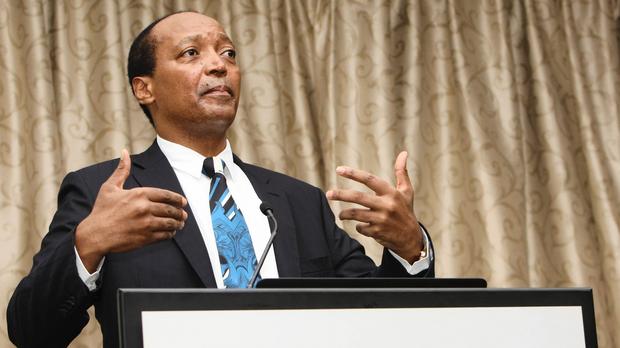THE Unilever Tea Tanzania (UTT) has invested a total of 100 bn/- in various projects for the development of the country’s tea in line of seeking to meet its pledges to the government.
UTT Managing Director, Ashton Eastman, made the revelation here yesterday while addressing journalists who accompanied him to visit a tea farmers’ factory where the money was invested as part of the company’s implementation of the commitment that it made to the government, when it signed a Memorandum of Understanding(MoU) with the Ministry of Agriculture in 2013.
“We made some ambitious commitments but I am glad to say that the massive investments that you can see are part of what we had committed ourselves to achieve under the MoU,” he said, adding that the MoU sought tea development in a number of areas.
He said the company was committed to supporting small holder farmers, increasing capacity/expanding its factory capacity, its processing capabilities to process more tea and delivering knowledge and skills across Mufindi.
It pledged to invest in green leaf collection and transportation infrastructure; sponsor farmers’ field schools; improve their (farmers’) technical skills in farm management and supporting them with inputs and planting material.
“It was the endeavour, that was exactly why 100 bn/- or 18 bn/- was actually injected into the setting up of a new and state-of-the-art tea processing factory at Njombe… We have also expanded our processing capacity at our three Mufindi factories,” he said.
Under the MoU, the government also committed to developing the physical infrastructure and giving back the 1,600 hectares of land (known as Ngwazi Land) to UTT so it can be developed into tea farms.
On the other hand, the government pledged to create a conducive investment climate through enabling policies and taxes as well as facilitating the re-acquisition of 1,602 hectares of land at Ngwazi area.
The government, through the then Ministry of Agriculture, Food Security and Cooperatives, committed itself to supporting smallholder development through provision of irrigation infrastructure, micro-financing, planting materials, fertilizers, herbicides as well as training and extension services to farmers and co-operatives.
The government pledged to develop critical infrastructure changes to support tea development infrastructures such as roads and such commitments have mostly been honoured.
Historically, the land belonged to Brookside (which was acquired by Unilever in 1980s) but it was taken over by the government in 1960s.
“The Ngwazi Land is part of the MoU. We want to develop the land, in partnership with other stakeholders and use it to develop small-scale farmers so they become more organised, more commercial and improve their incomes,” said Mr Eastman.
His company’s vision, he said, was to double the size of the business whilst reducing environmental impact and making a positive impact on the surrounding communities.


